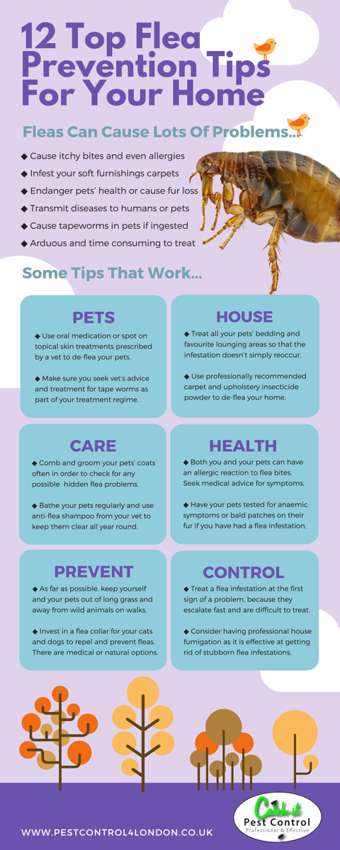Securing Your Garden From Pests: Methods For A Pest-Free Outdoor Area
Securing Your Garden From Pests: Methods For A Pest-Free Outdoor Area
Blog Article
Post Author-Lauritsen Sharma
Visualize your yard as a refuge, a place of serenity and appeal. Nevertheless, the presence of exterior parasites can swiftly interrupt this picturesque photo. Suppose there were straightforward yet reliable means to maintain these undesirable site visitors away and protect your garden oasis? By following a few useful pointers and carrying out all-natural approaches, you can produce an unified outside area where your plants can prosper uninterrupted.
Natural Bug Deterrents
To maintain insects away from your garden naturally, plant aromatic herbs like mint and lavender. These fragrant plants not only include appeal to your yard yet additionally work as reliable pest deterrents. Insects like mosquitoes, flies, and also some garden-damaging insects are driven away by the solid fragrances given off by these natural herbs. Simply putting them tactically around your garden can help develop an all-natural obstacle against undesirable bugs.
In addition to mint and lavender, take into consideration growing other natural herbs like rosemary, basil, and lemongrass to better enhance your yard's pest-proofing abilities. These natural herbs not only work as natural repellents yet additionally have the included advantage of serving in food preparation or crafting home made remedies.
Strategic Plant Positioning
Think about the format of your yard and the types of plants you need to strategically put them for maximum pest-proofing efficiency.
Beginning by organizing https://wvdnr.gov/plants-animals/wildlife-disease/ with similar resistance to parasites with each other. By doing this, you can create an all-natural obstacle that prevents parasites from spreading throughout your yard.
Furthermore, positioning pest-repelling plants like marigolds, lavender, or mint near even more vulnerable plants can assist secure them. Tall plants, such as sunflowers or corn, can work as a shield for much shorter plants versus bugs like bunnies or ground-dwelling insects.
Bear in mind to leave sufficient area between plants to enhance air blood circulation and decrease the threat of conditions that pests may lug.
Additionally, consider planting strong-smelling natural herbs like rosemary or basil near at risk plants to confuse pests' detects and make it harder for them to find their targets.
Reliable Pest Control Techniques
For combating yard parasites efficiently, applying a multi-faceted insect control approach is essential. Beginning by encouraging all-natural predators like birds, ladybugs, and praying mantises to help maintain insect populations in check. Introducing plants that bring in these helpful pests can aid in bug control. Additionally, practicing excellent yard health by eliminating debris and weeds where pests could conceal can make your yard less friendly to unwanted visitors.
Think about making termites in wall treatment of physical obstacles such as row cover textiles or netting to protect susceptible plants from insects like caterpillars and birds. Using organic chemicals like neem oil or insecticidal soap can additionally be effective against certain bugs while being much less dangerous to valuable pests and the environment. It's crucial to turn your crops each period to avoid the build-up of insect populaces that target certain plants.
Frequently examine your plants for indicators of bug damages so you can act immediately. By integrating these approaches and remaining alert, you can properly manage yard pests and delight in a growing, pest-free yard.
Final thought
So, there you have it - with the right strategies, you can keep pesky exterior parasites far from your yard and assist your plants flourish.
Did you recognize that growing mint has been revealed to push back mosquitoes and various other bugs, minimizing the requirement for unsafe chemicals by as much as 60%?
By incorporating natural deterrents and wise planting strategies, you can develop a beautiful and pest-resistant garden sanctuary for you to enjoy.
